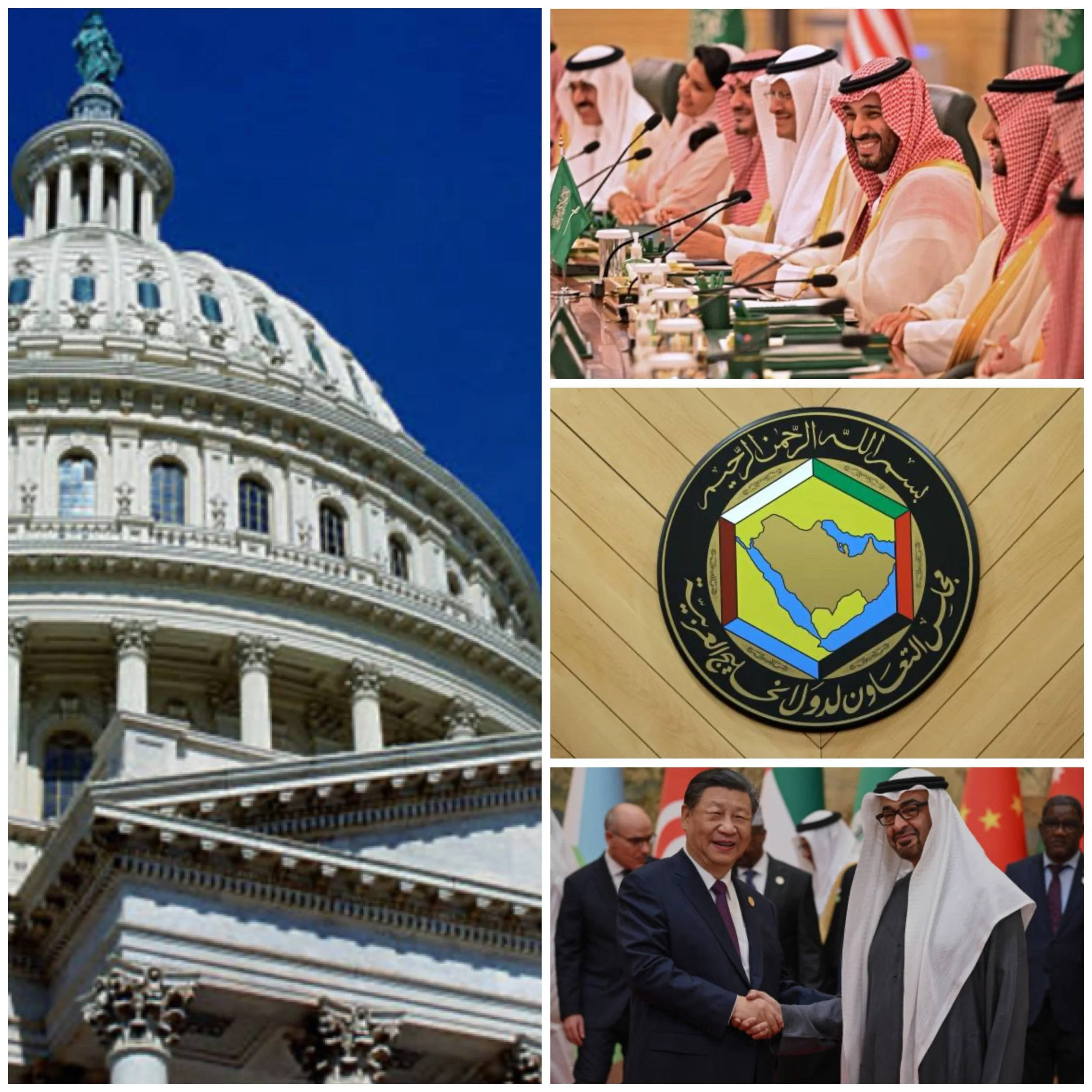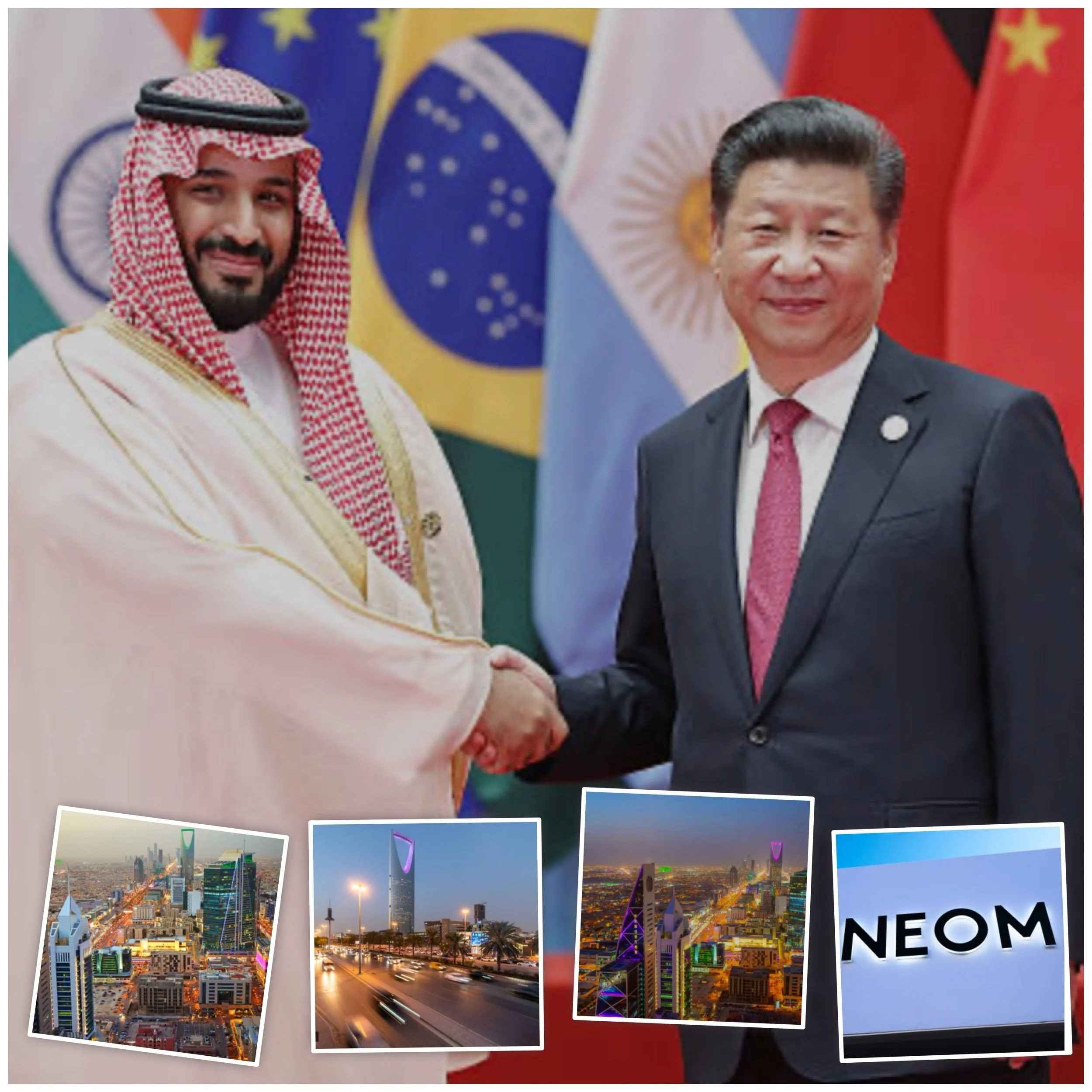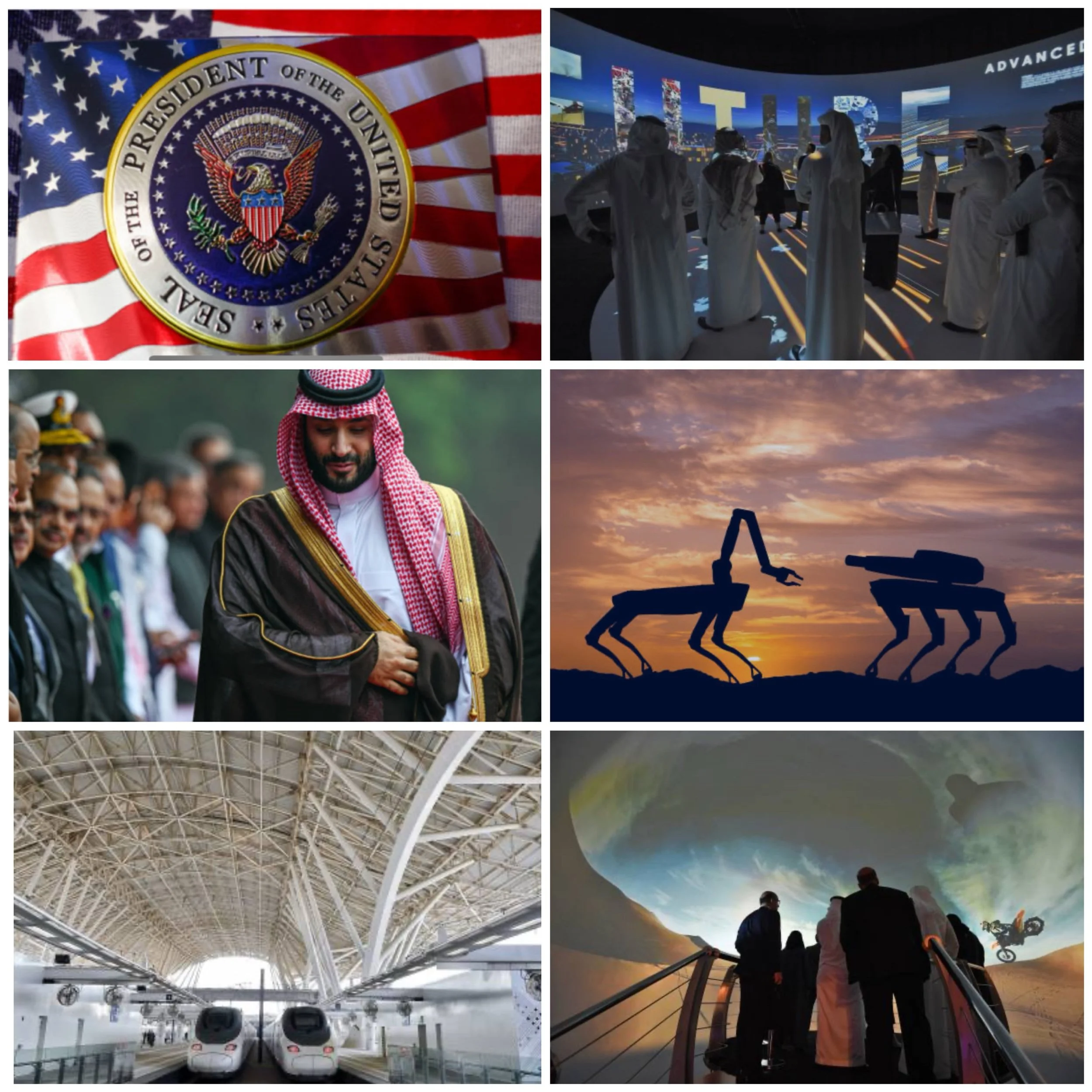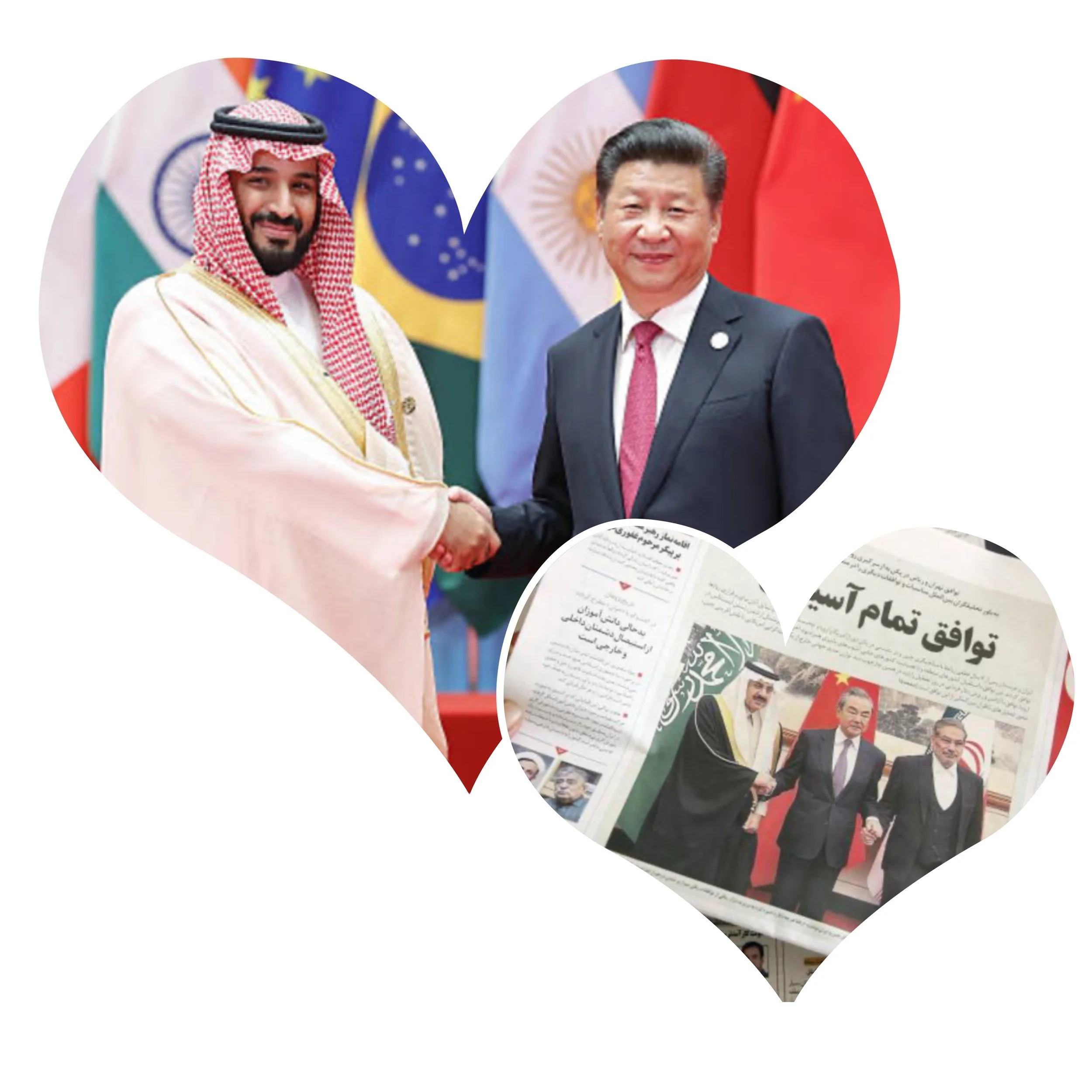How might the U.S. respond to Saudi Arabia's increasing cooperation with China
The United States is likely to respond to Saudi Arabia’s increasing cooperation with China through a combination of diplomatic, military, and economic strategies aimed at reaffirming its influence in the region and countering China’s growing presence. Here are some potential implications and responses:
Diplomatic Engagement
**** Reassessing the U.S.-Saudi Relationship
The U.S. may undertake a thorough reassessment of its relationship with Saudi Arabia, emphasizing the need for a strategic partnership that aligns with both nations’ interests. This could involve high-level diplomatic visits and discussions aimed at addressing Saudi concerns about security guarantees and military support, particularly in light of Riyadh’s frustrations with U.S. responses to regional threats from Iran and other adversaries.
**** Leveraging Regional Alliances
The U.S. could enhance its diplomatic efforts to strengthen alliances with other Gulf states and regional partners to create a united front against any perceived encroachment by China. By fostering closer ties with countries like the UAE and Bahrain, Washington can work to maintain its influence in the region while encouraging collective security arrangements that counterbalance China’s growing footprint.
Military and Security Measures
**** Offering Security Guarantees
In response to Saudi Arabia’s pivot towards China, the U.S. might offer enhanced security guarantees or a formal defense treaty to reassure Riyadh of its commitment to Saudi security. This move would aim to counterbalance any perceived security risks associated with closer ties to Beijing, especially given China’s limited military capabilities in the region compared to the U.S..
**** Increased Military Presence
The U.S. could also consider increasing its military presence in the region as a show of force and commitment to its allies. This may include deploying additional troops or military assets to Gulf states, thereby reinforcing deterrence against Iranian aggression and signaling to Saudi Arabia that it remains a vital partner in regional security.
Economic Incentives
**** Economic Partnerships
To counterbalance Saudi Arabia’s economic ties with China, the U.S. might seek to bolster economic partnerships through trade agreements or investments that emphasize mutual benefits. This could involve enhancing cooperation in technology sectors, energy diversification, and infrastructure development, making the U.S. a more attractive partner compared to China.
**** Conditional Cooperation
The U.S. may also adopt a strategy of conditional cooperation, where it offers concessions such as arms sales or technology transfers contingent upon Saudi Arabia limiting its defense and technological collaborations with China. This approach would aim to ensure that Riyadh remains aligned with U.S. interests while managing its relationship with Beijing.
Conclusion
In summary, the U.S. is likely to respond to Saudi Arabia’s increasing cooperation with China by reassessing its diplomatic strategies, enhancing military commitments, and offering economic incentives designed to reinforce its influence in the region. The goal will be to ensure that Saudi Arabia remains a key ally while navigating the complex dynamics of great power competition between the U.S. and China.






